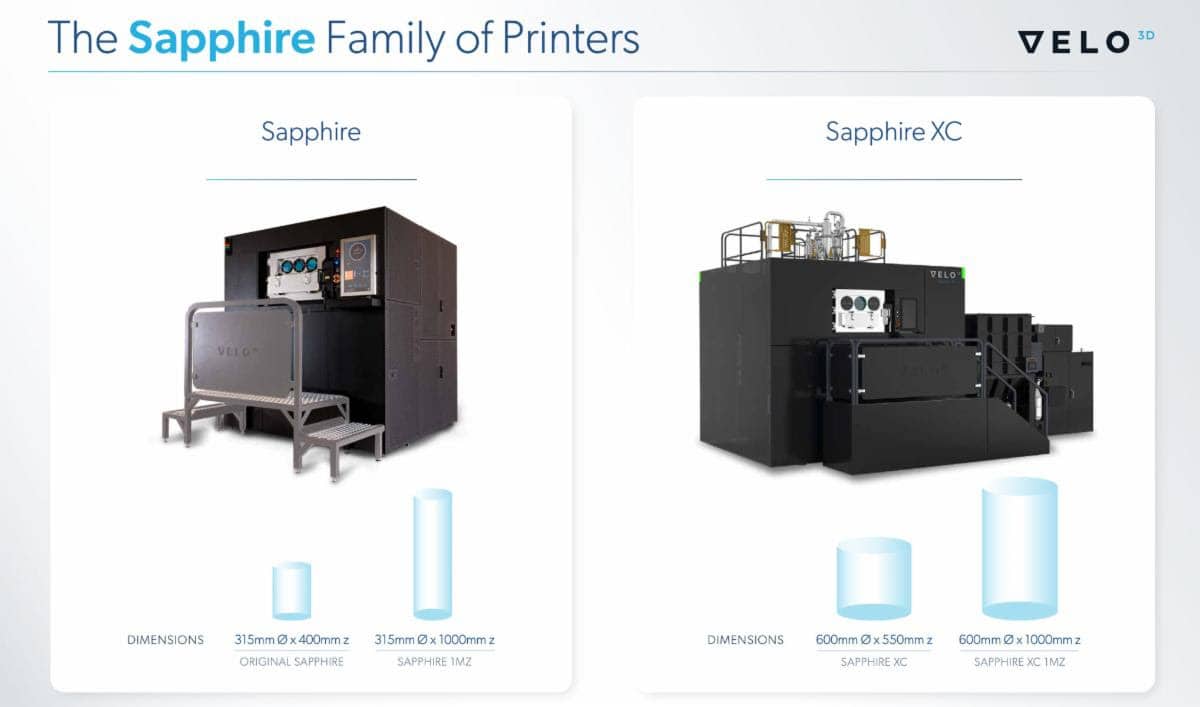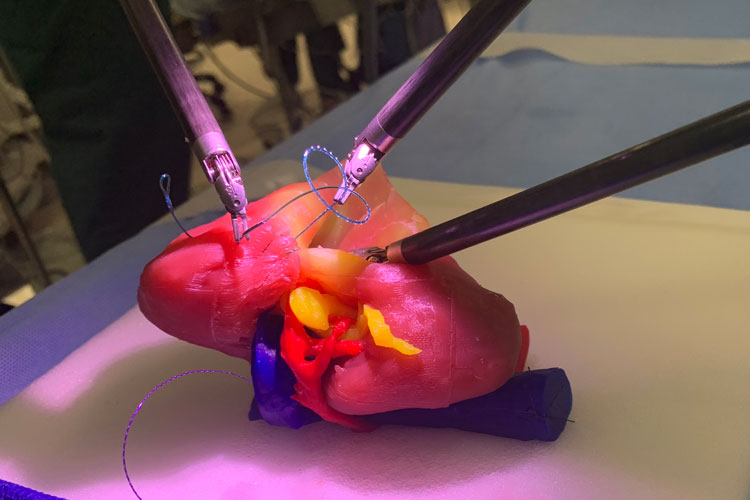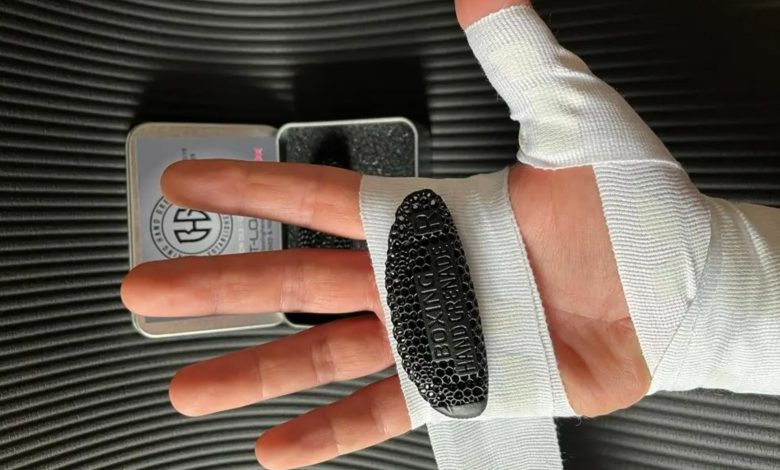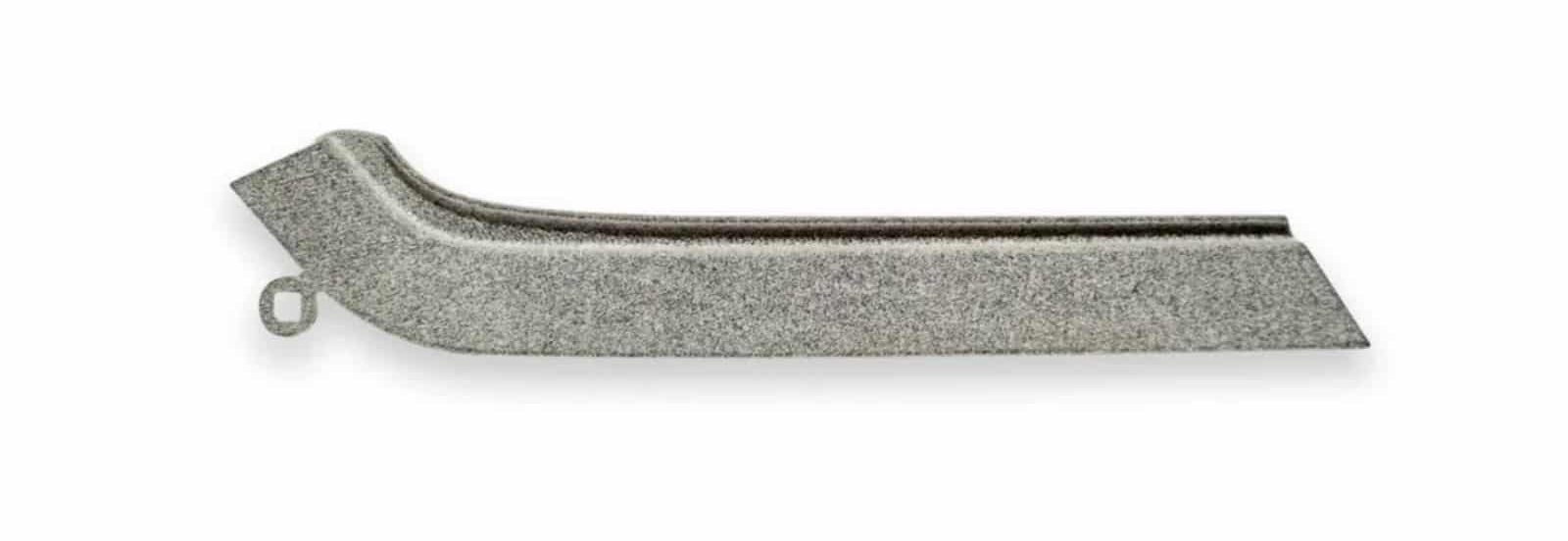New Sapphire XC 1MZ Enables Metal 3D Printing up to 1m in Height
Velo3D, a leading metal additive manufacturing technology company for mission-critical parts, has added the new Sapphire XC 1MZ large-format printer to its Sapphire family of printers. The Sapphire XC 1MZ printer allows customers to print parts up to one meter in height – with a total build volume twice the size of the Sapphire XC and nine times larger than the original Sapphire – increasing the addressable use-cases of Velo3D’s end-to-end metal additive manufacturing solution.





